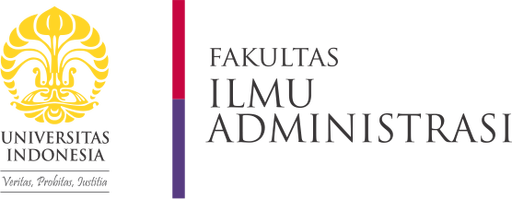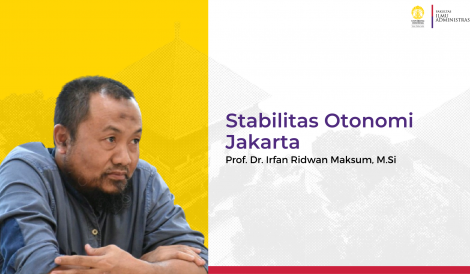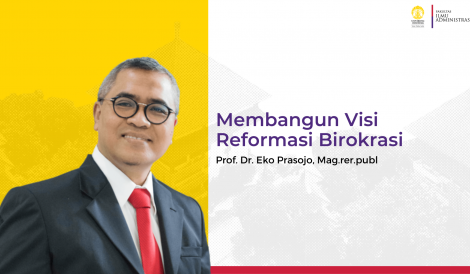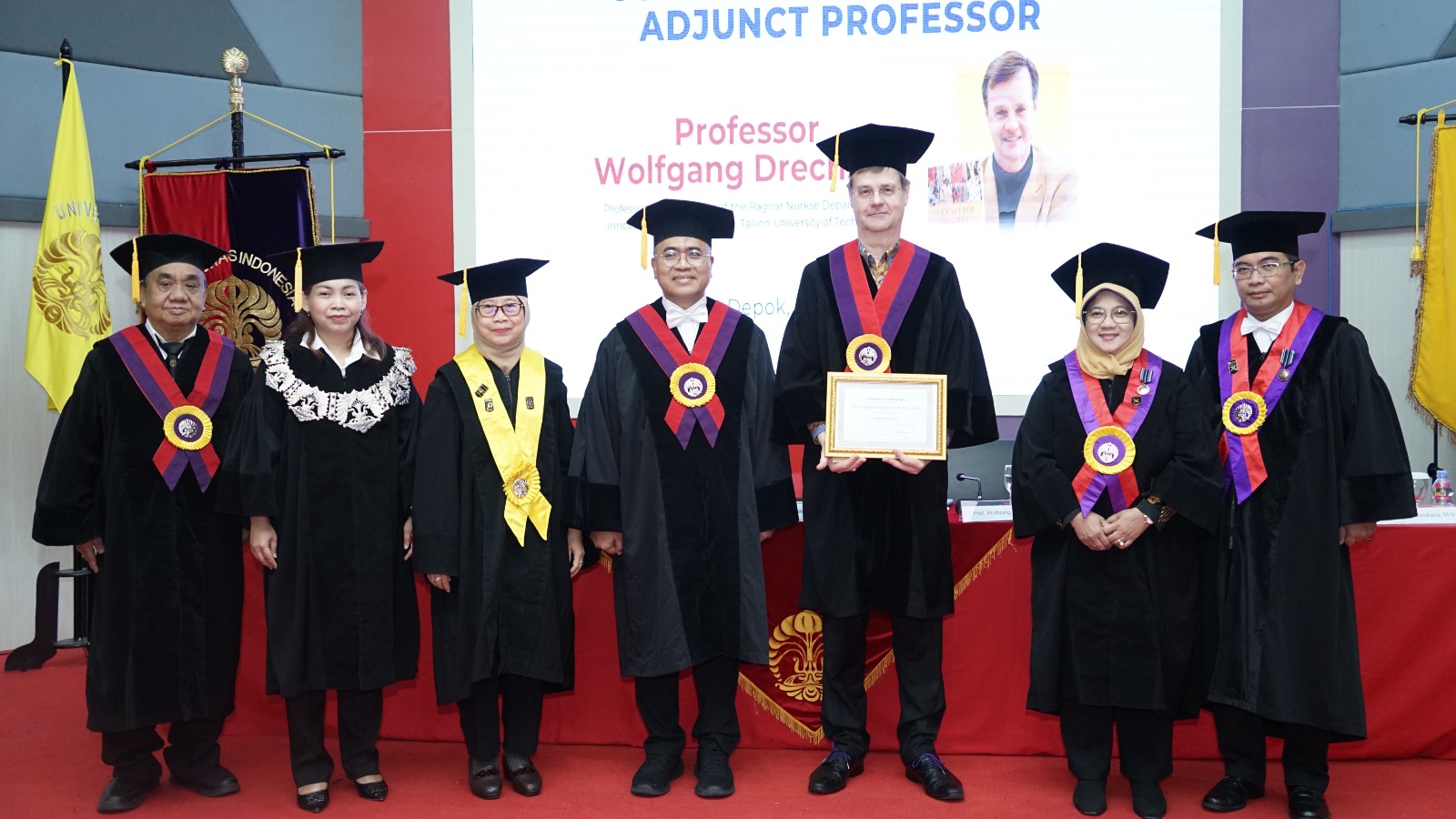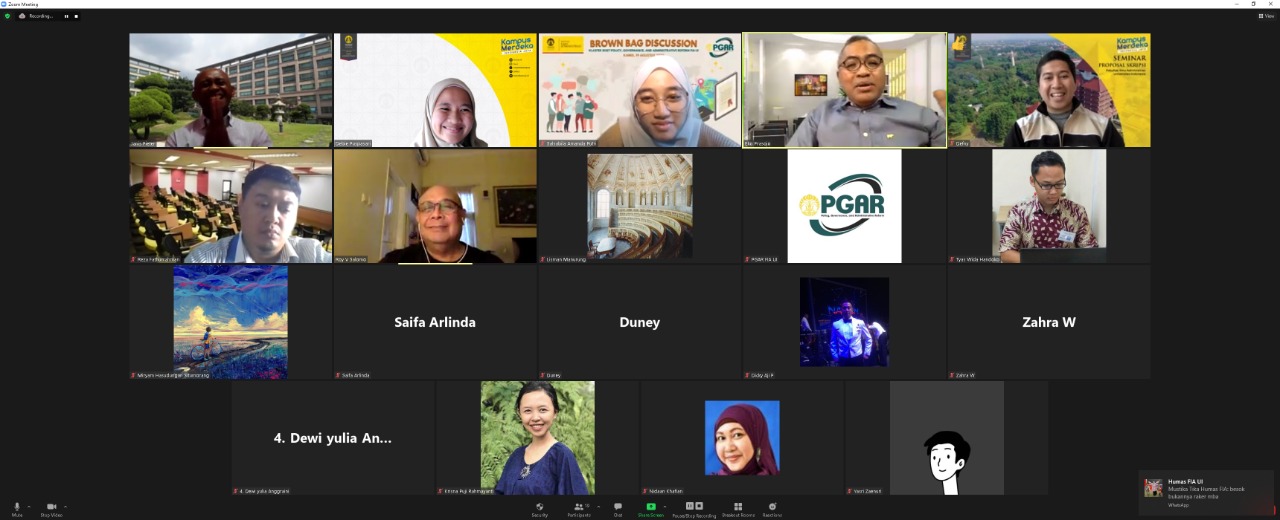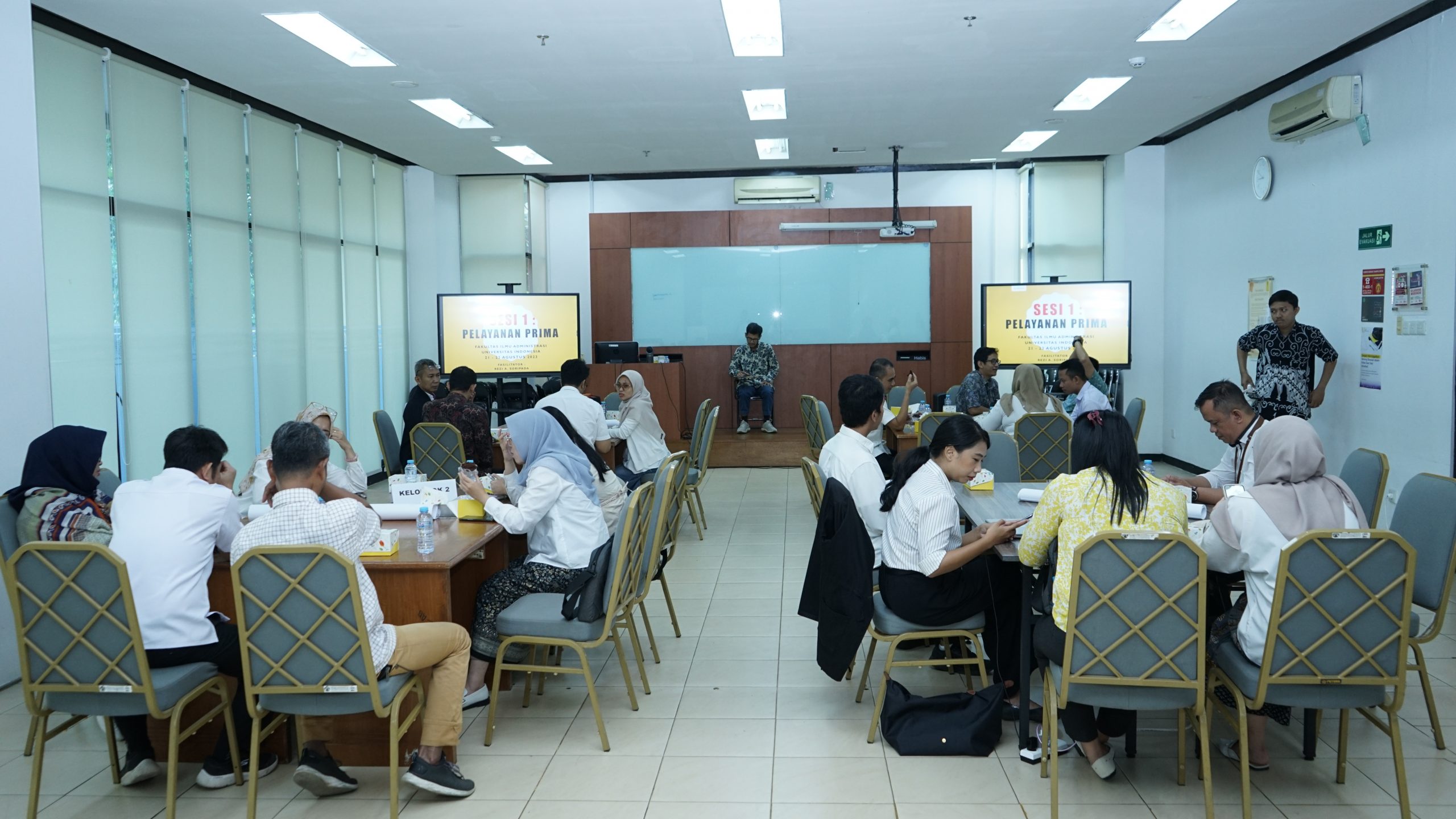The red-handed operation (OTT) carried out by the Corruption Eradication Commission (KPK) some time ago against several Lampung University (Unila) officials, including the chancellor and vice-chancellor, with an alleged value of corruption estimated at Rp. 5 billion, has raised public concern.
State universities (PTN) are expected to be role models for the community. Not only in terms of academic integrity but also in terms of good governance practices in public institutions. Suppose later it is proven in court the alleged corruption case involving the bribery of Unila officials in connection with the acceptance of new students through independent selection. This shows that there are still structural problems in PTN governance, as identified by Andrew Rosser (2022), so corruption still occurs.
In great concern for PTN, the alleged corruption case at Unila should be a momentum to earnestly implement the integrity zone (ZI) initiative within PTN. The ZI concept has been implemented in ministries and state institutions for a long time. The ZI concept is an initiative to achieve the goals of bureaucratic reform, derived from the grand design of bureaucratic reform, which was issued in Presidential Regulation Number 81 of 2010. It is revealed in a bureaucratic reform roadmap every five years. The final bureaucratic reform roadmap is that, for the 2020-2024 period, it is based on the 2020 ministerial regulation for utilising state apparatus and bureaucratic reform (Armenian-RB).
Change area
Referring to the latest version of the regulation, namely Permenpan-RB Number 90 of 2021, concerning the Development of Evaluation of Integrity Zones Towards Corruption-Free Areas (WBK) and Clean and Serving Bureaucratic Areas (WBBM), there are six areas of change in encouraging bureaucratic reform. The six areas of change with a total assessment weight of 60% each consist of change management (8%), governance arrangements (7%), HR management arrangements (10%), strengthening supervision (15%), strengthening performance accountability ( 10%), and improving the quality of public services (10%).
The implementation of each area of change in the work unit/work unit will later be measured by an internal assessment team, both at the national level and in ministries/state agencies, in two aspects: the fulfilment aspect and the reform aspect. More than the six areas of change are needed; later, the work unit/work unit will also be measured in terms of two main targets, which have a total weight of 40%.
The first main target is the realization of a clean and accountable government with a weight of 22.5%, which will be measured through a corruption perception index survey of external parties (17.5%), and performance achievement (5%). The second main target is excellent service quality, with a weight of 17.5%, measured through a service satisfaction survey of external parties.
Later, after going through the internal assessment stage, each ministry and state agency will propose a work unit/work unit to be assessed at the national level to obtain the WBK or WBBM title. Work units/work units with a minimum total score of 75 in the national level assessment will receive WBK status. Work units/work units that obtain a total score of 85 and have obtained WBK status will receive WBBM status.
Enthusiasm and participation from ministries and state agencies have been high yearly in the ZI initiative to obtain the WBK and WBBM titles. In 2021, there were 558 work units/work units of ministries and state agencies obtaining WBK and WBBM predicates. The number of work units proposed in 2021 has also increased by 19% compared to 2020. A total of 2,239 work units were presented in 2019, then increased to 3,691 work units in 2020 and 4,402 work units in 2021. Leaders of ministries and state institutions that have produced many work units/work units with WBK and WBBM predicates were awarded by the Kemenpan-RB as change leaders, including Minister of Finance Sri Mulyani, Head of the State Police Republic of Indonesia Gen. Listyo Sigit Prabowo, Governor of the Special Region of Yogyakarta Sri Sultan Hamengkubuwono X, and Mayor of Bandung Yana Mulyana.
Integrity zone
Within the scope of the Directorate General of Higher Education, Research and Technology (Dikti-Ristek), the Ministry of Education, Culture, Research and Technology (Kemdibud-Ristek) has encouraged the ZI initiative, including PTN, by providing intensive assistance in recent years. December 2021 was a historic moment for Dikti-Ristek. For the first time, PTN received the WBK title from the Kemenpan-RB. Five PTNs won WBK titles, namely the Faculty of Public Health, University of Indonesia (FKM UI), Faculty of Engineering, Gadjah Mada University (FT UGM), Faculty of Economics and Business, Padjadjaran University (FEB Unpad), Faculty of Agricultural Technology, University of Brawijaya (FTP UB), and the Diponegoro University Faculty of Engineering (FT Undip).
Many bureaucratic reform initiatives or programs from PTNs with the WBK predicate can serve as examples for improving governance in other PTNs. For instance, FKM UI created a functional position monitoring application system (Simojang), which is essential for monitoring and accelerating the increase in available positions of lecturers up to the level of FKM UI professors. In addition, FEB Unpad innovated by creating an e-office application to evaluate the performance of lecturers and faculty structural officials. FTP UB builds an Integrated Administrative Information System (SIAT) application to streamline its academic services.
Within the University of Indonesia (UI), the ZI initiative towards WBK and WBBM has been increasingly encouraged, especially for the last two years. To achieve the objectives of the ZI initiative, it is necessary to have a framework that will become a frame of reference for implementing bureaucratic reform and university transformation (RBTU) within UI. The RBTU framework uses the UI Strategic Plan 2020–2024 reference, with a balanced scorecards approach, and refers to the Kemenpan-RB ZI concept.
Within the RBTU framework, three main themes underlie UI bureaucratic reform. First, the theme of HR management is organizational and administrative management. Second, the piece of digitization, legislation and public relations. Third, the theme of strengthening the tri dharma of higher education. In addition, UI has been holding the ZI Award UI competition since 2021, which involves all faculties/schools/vocational programs, except for the FKM, which is currently taking part in the ZI assessment at the national level.
In this competition, the assessment was carried out by the Dikti-Ristek team so that it was neutral, faculties/schools/vocational programs were assessed for their reform initiatives in indicators that were precisely the concept of ZI development at the national level. In a virtual ceremony held in November, UI’s Faculty of Medicine was named the winner and has the right to represent UI in an internal assessment at the 2022 Kemdikbud-Ristek level.
Referring to the alleged corruption case at Unila, which damaged PTN’s reputation in society, the implementation of ZI does not guarantee 100% that incidents like those at Unila will not be repeated. There are still some inputs to the ZI concept so that it is more contextual with PTN conditions. For example, the ZI concept places too much emphasis on reform in public service and elements of organization and governance. PT tri dharma activities, which are the main activities of PTN, are not very visible. Tridharma PT activities include education and teaching, research and development, and community service.
Oversee the repair process
Even though there are still sub-optimalities, the ZI initiative in PTN, which is encouraged by the Directorate General of Research and Technology through consistent and in-depth implementation, is crucial in preventing corruption. At the very least, the performance of ZI will oversee the process of improving PTN governance at a macro level, which will later positively affect the tri dharma PT activities and reduce the space for corruption by elements within the PTN environment. For example, with the provision of a survey on corruption perceptions, relevant stakeholders and the public can regularly provide input and monitor if corruption still occurs in state universities that implement ZI.
Thus, with the substantive and widespread implementation of ZI, the reputation of PTN as a higher education institution from future leaders of the nation and as a role model for public sector governance is expected to recover in the eyes of the public gradually.
writing by Dr. Vishnu Juwono, S.E., MIA, published in mediaindonesia.com
